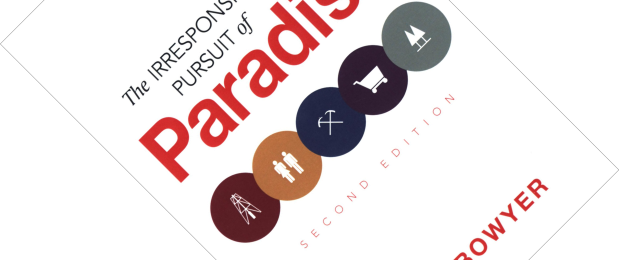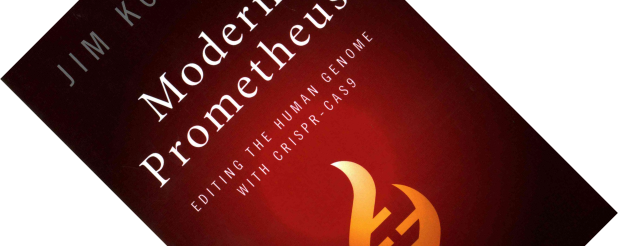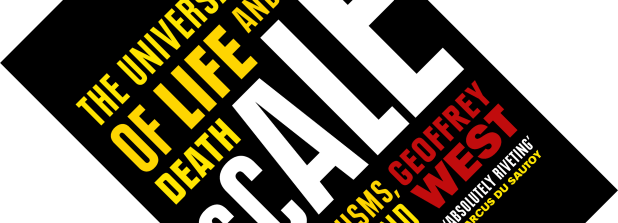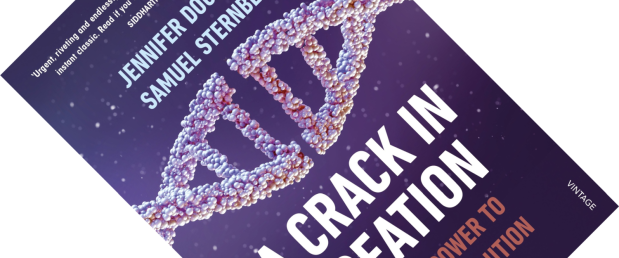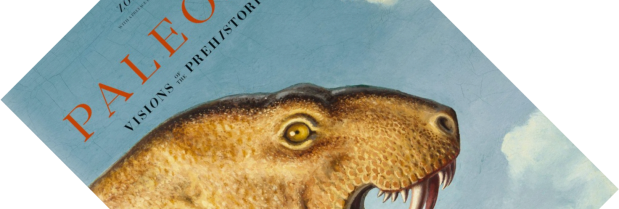Somewhere in chapter 2, Kyle Harper remarks how historians have become unintentional beneficiaries of ongoing climate change, as scientists turn to palaeoclimatic records such as ice cores, tree rings, and sediments to understand fluctuations in earth’s climate. This bonanza of data allows historians a new way to look at past events. And thus was born the discipline of environmental history, which emphasizes the active role the natural environment can have on human affairs. In The Fate of Rome, Kyle Harper looks at one of those defining moments in human history, the decline and fall of the Roman empire, and the role of climate change and pandemics.
book review
Book review – All the Boats on the Ocean: How Government Subsidies Led to Global Overfishing
This book presents a historical analysis of overfishing, following up on her 2012 book All the Fish in the Sea: Maximum Sustainable Yield and the Failure of Fisheries Management. Though many reviews have been written on overfishing, and everyone agrees that too many fishing boats have been built, Finley contends that the question is never asked who built these boats in the first place. Her analysis aims to show that government policies, especially during the Cold War (1946-1990), have been responsible, with subsidies for the fishing industry being a proxy to attain other goals. As the opening sentence puts it: fishing has always been about more than just catching fish. The US-side of the story is scrutinised most intensely, though developments in other nations are covered at length.
Book review – The Irresponsible Pursuit of Paradise (Second Edition)
The Irresponsible Pursuit of Paradise lays bare a conundrum of our times. How is it that so many of us loathe resource extraction (e.g. the cutting down of trees for timber, or the mining of ores to produce metals), yet we absolutely adore the products that are subsequently made from these resources? We are up in arms when our forests are under threat, or companies want to start fracking in protected areas (a current concern in the UK), and when we successfully halt these things, the results are invariably hailed as a victory for the environment. Except that they aren’t.
Book review – Stepping in the Same River Twice: Replication in Biological Research
I ended a recent essay on surviving the misinformation age by mentioning articles that have drawn attention to the problem that a lot of published research cannot be replicated. The popular press has been quick to tarnish the reputation of science amidst claims of misconduct and fraud. Obviously, science stands or falls by its credibility, so, is there a crisis? This book brings together a cross-disciplinary team of authors to examine replication and recommend best practices. And yes, it shows there are many issues, mostly because doing research well is hard, and can be done poorly in many ways, even inadvertently, but systemic fraud and misconduct are not prevalent.
Book review – Modern Prometheus: Editing the Human Genome with CRISPR-Cas9
After recently reading Doudna & Sternberg’s book A Crack in Creation, this book was the next one I wanted to read to learn more about CRISPR-Cas9, the new technique to edit genetic material that has been taking the world by storm. As it turns out, it was the right order to read the books in. If you have not heard of CRISPR before, I recommend you have a look at my review of Doudna’s book first.
Book review – Scale: The Universal Laws of Life and Death in Organisms, Cities and Companies
Not since I had to read D’Arcy Wentworth’s On Growth and Form for coursework have I read such a fascinating book that highlights the importance of mathematical laws in governing boundaries and patterns we observe in life. Geoffrey West is a polymath in the truest sense of the word: a theoretical physicist who, over the course of 20 years, applied complexity science to many questions in biology initially, and then extended his ideas to patterns seen in the organization and functioning of cities and companies. Scale is a wide-ranging intellectual foray with no equation in sight.
Book review – A Crack in Creation: The New Power to Control Evolution
If you follow science news, chances are you will have heard of CRISPR as a promising new way to modify DNA. It has been hailed as a breakthrough discovery. I knew little about it, and seeing that this book is written by one of the co-inventors, it seemed like a good place to start reading about it.
Book review – Why We Sleep: The New Science of Sleep and Dreams
The Chernobyl disaster. The stranding of the Exxon Valdez. Car crashes. Suicide. Cancer. Heart attacks. Alzheimer’s disease. What does this list of calamities have in common?
Sleep, or rather a lack thereof, has either caused, or greatly increases the risk of this rather arbitrary and short list. Many more unpleasant things can be added to it. Neuroscientist Matthew Walker is a man on a mission: to impress upon you the importance of sufficient sleep. Why We Sleep is a book that is sure to make you lose some sleep, seeing that it is both fascinating and extremely well-written, but also deeply disturbing in showing the damage we inflict upon ourselves by cutting short our sleep. And, hopefully, it then proceeds to be a book that will make you get more sleep. This is the most important and influential book I have read this year.
Book review – Paleoart: Visions of the Prehistoric Past, 1830-1980
Palaeoart (not to be confused with Palaeolithic art, i.e. cave paintings) has a long and rich history of artworks that have helped us imagine the prehistoric past, from dinosaurs and mammals to cavemen. As an art genre though, it is largely ignored and looked down upon a bit, popular as these images are with children and the unwashed masses. This book aims to set the record straight and celebrate a carefully curated selection of palaeoart covering some 150 years, from the first works in the 1830s up to the 1980s. The book calls itself a two-fold time machine. Or, to paraphrase American artist Walton Ford in his preface, the book is a look back in time at what looking back in time looked like.
Book review – Rise of the Necrofauna: The Science, Ethics, and Risks of De-Extinction
How to Clone a Mammoth, Resurrection Science, Bring Back the King, and now Rise of the Necrofauna. There has been no shortage in recent years on books written for a general audience that talk about de-extinction: the controversial idea of resurrecting extinct species using recent advances in biotechnology. Futurist Alex Steffen catchily refers to them as the necrofauna mentioned in the book’s title. Rather than focusing on the technical side of things, radio broadcaster and writer Britt Wray here foremost discusses the ethical, legal and other questions this idea raises. And once you start thinking about it in earnest, it raises many thorny issues. No wonder it has been a controversial issue.



